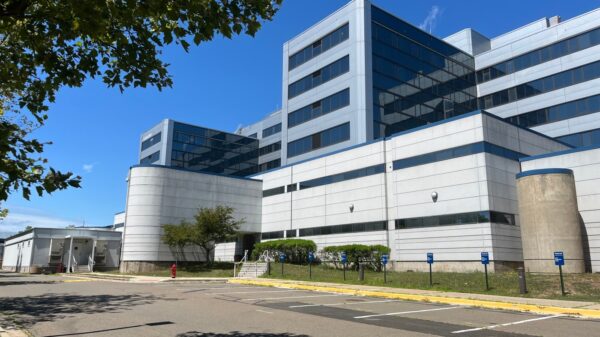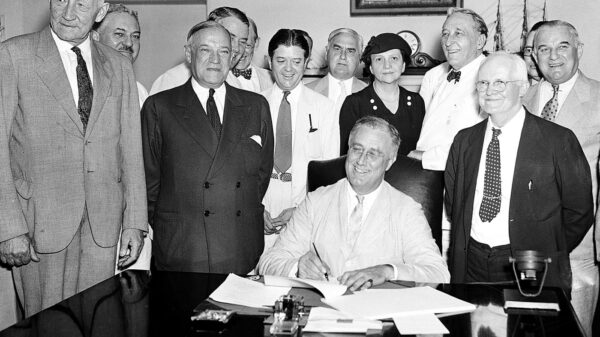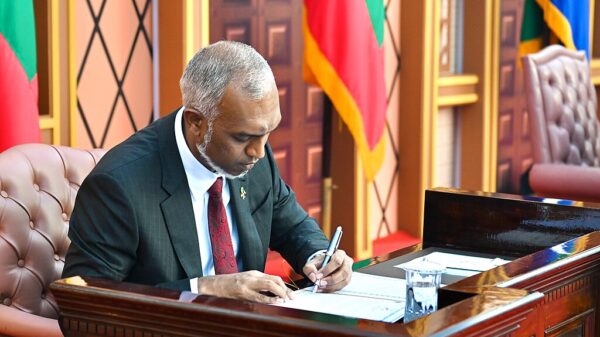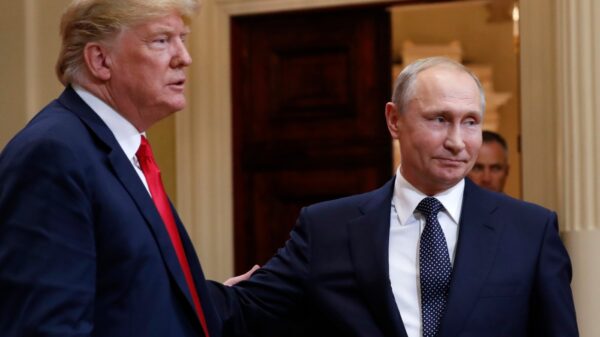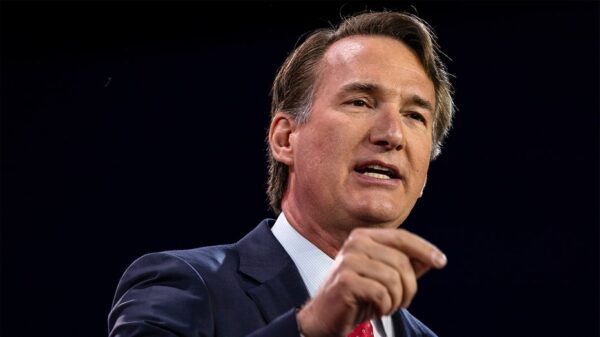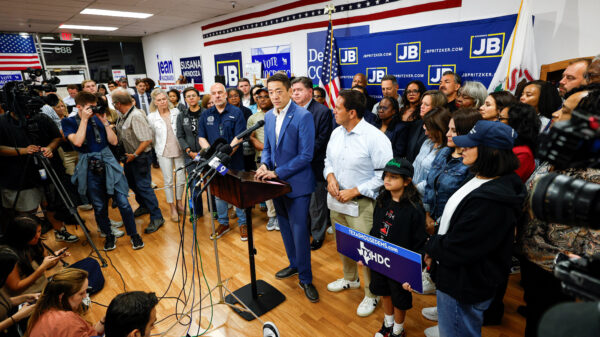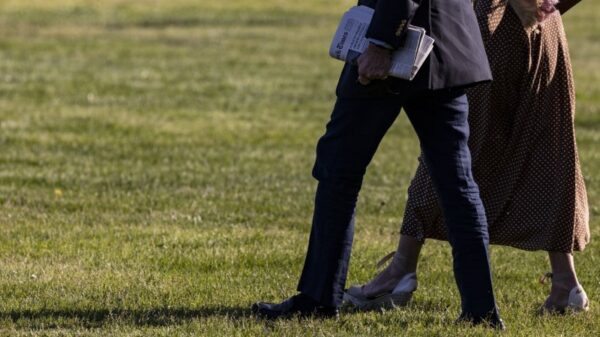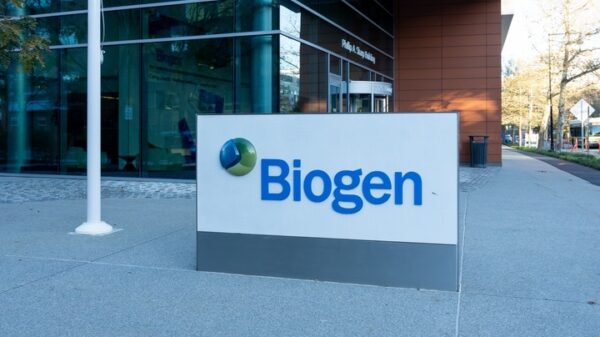Robert F. Kennedy Jr., head of the Department of Health and Human Services, has announced the withdrawal of $500 million in grants and contracts intended for the development of mRNA vaccine technology. This decision comes despite the pivotal role that mRNA played in creating the COVID-19 vaccines developed by Pfizer-BioNTech and Moderna during former President Donald Trump‘s administration. Kennedy’s stance highlights his commitment to an anti-vaccine ideology, potentially jeopardizing future advancements in vaccine research.
The implications of this funding cut are profound, with experts warning that it could lead to an increase in preventable diseases and deaths. Vaccines are crucial tools that enable the immune system to recognize and combat harmful pathogens. The history of vaccination dates back centuries, evolving from early inoculation methods to the sophisticated mRNA technology that won the Nobel Prize for its innovators.
The mRNA vaccines, first rolled out under Operation Warp Speed, were instrumental in managing the COVID-19 pandemic. They not only provided a swift response to a global health crisis but also paved the way for future vaccine developments against various infectious diseases. The research and technology that underlie mRNA vaccines have demonstrated both effectiveness and safety, as evidenced by their widespread use.
Kennedy’s decision to halt funding for mRNA research poses a significant risk to public health. As infectious diseases continue to evolve, maintaining a robust research and development framework is essential. The relationship between humans and pathogens resembles an arms race, where continuous innovation is necessary to stay ahead of evolving threats. The withdrawal of funding may create opportunities for diseases to flourish, with potentially devastating consequences.
Additionally, ongoing projects that rely on this funding could face immediate cessation, wasting years of research and development. The repercussions could extend beyond the current landscape of known viruses, affecting future responses to emerging health threats that have yet to be identified.
The need for continued investment in vaccine research is critical. Delays or interruptions in funding can have dire effects, often irreparable. Immediate action is required to address this issue, with calls for Kennedy’s removal from his position gaining traction. Public health advocates emphasize that many lives are at stake, and a commitment to science and innovation must prevail over ideological beliefs.
The future of vaccine research hangs in the balance, and the decision to cut funding for mRNA technology could have far-reaching implications for global health. As the world grapples with the lessons learned from the pandemic, it is vital to ensure that resources are allocated wisely to combat infectious diseases effectively.



